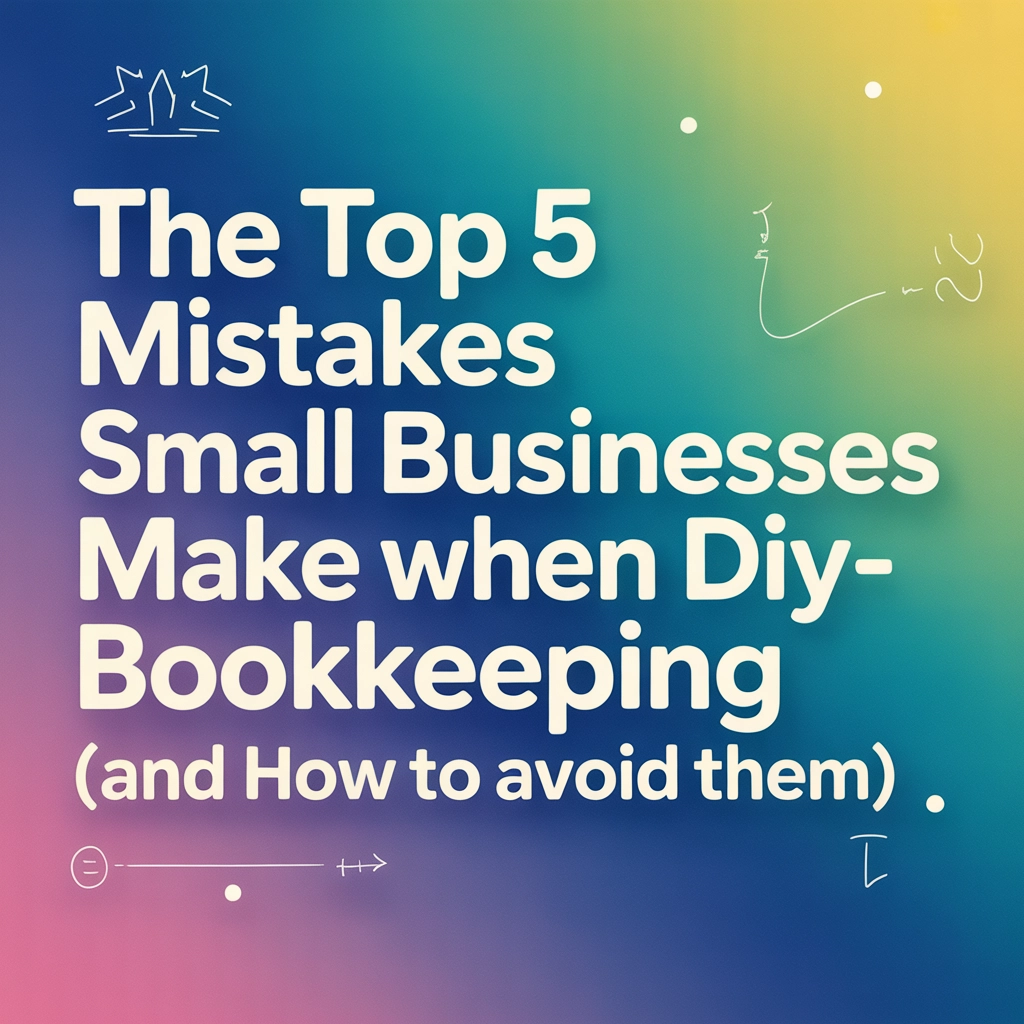top of page
NEWS & UPDATES
Search


Stop Wasting Time on Manual Bookkeeping: Try These 5 QuickBooks Mobile Hacks
Let's be real: manual bookkeeping is a time-sucking monster that keeps you chained to your desk when you could be out there growing your...
Susan Hagen
Sep 19, 20255 min read


Understanding Payroll Taxes: A Simple Guide for Arizona Business Owners
Arizona Payroll Taxes at a Glance Whether you run a small café in Scottsdale or an established firm in Tucson, payroll taxes are an...
Susan Hagen
Sep 17, 20254 min read


The Top 5 Mistakes Small Businesses Make When DIY-ing Their Bookkeeping (and How to Avoid Them)
Small business owners are naturally hands-on and resourceful. While “doing it yourself” can keep things lean, DIY bookkeeping sometimes...
Susan Hagen
Sep 15, 20254 min read
bottom of page
.png)